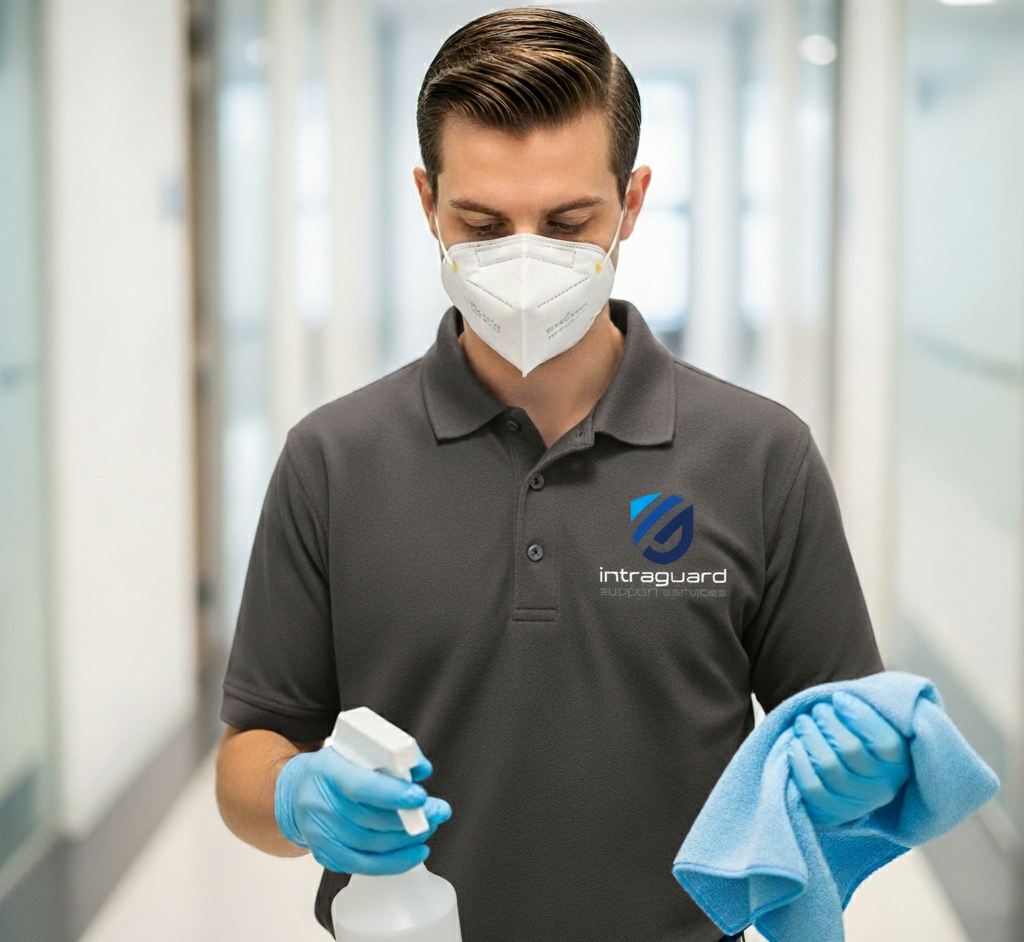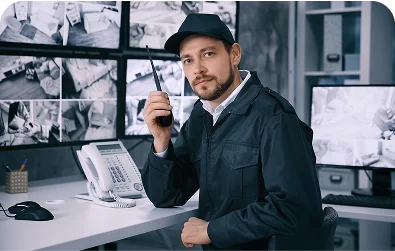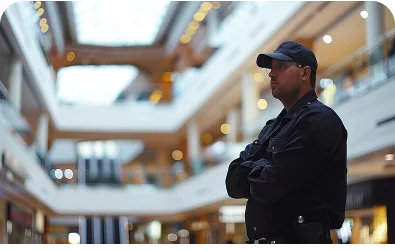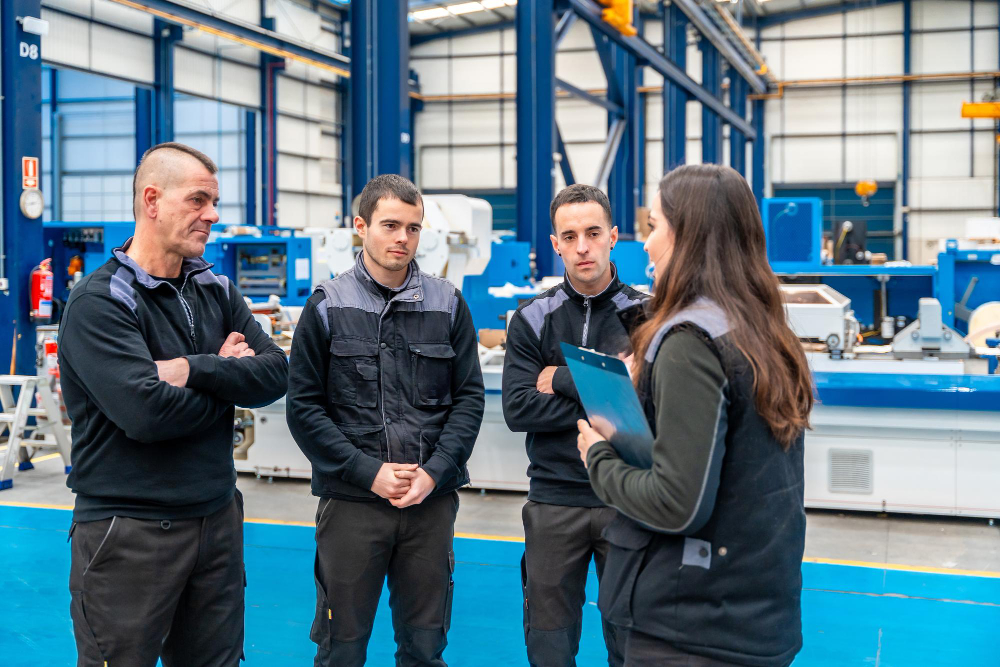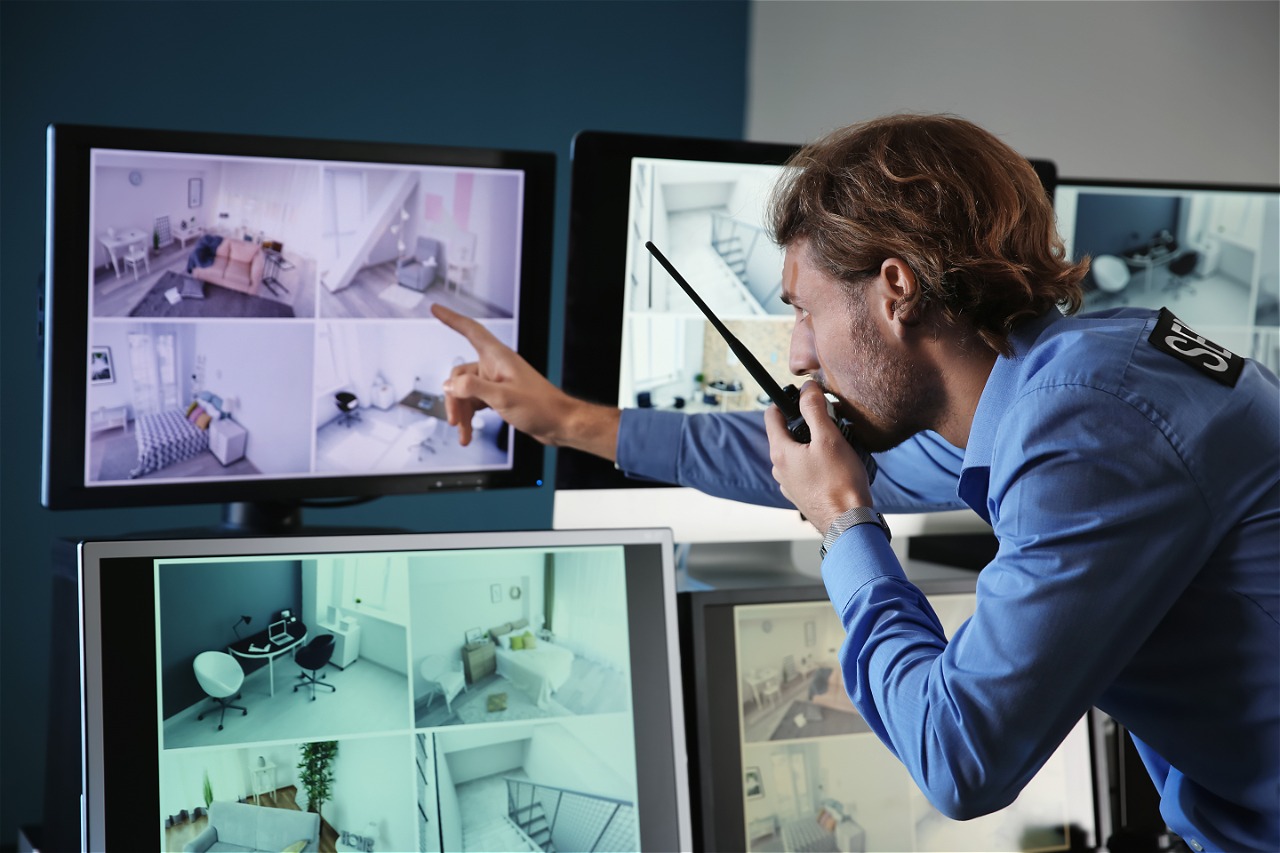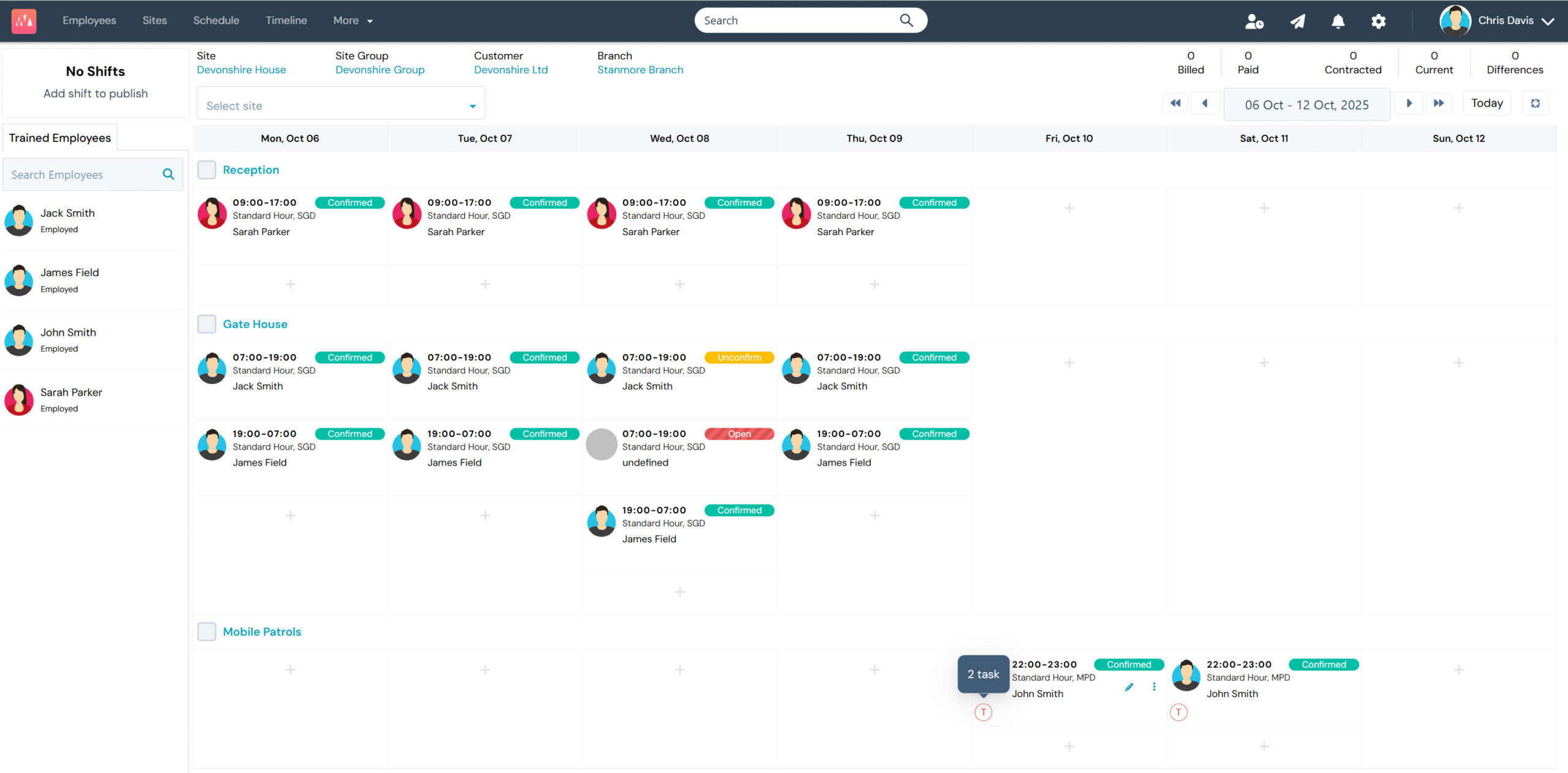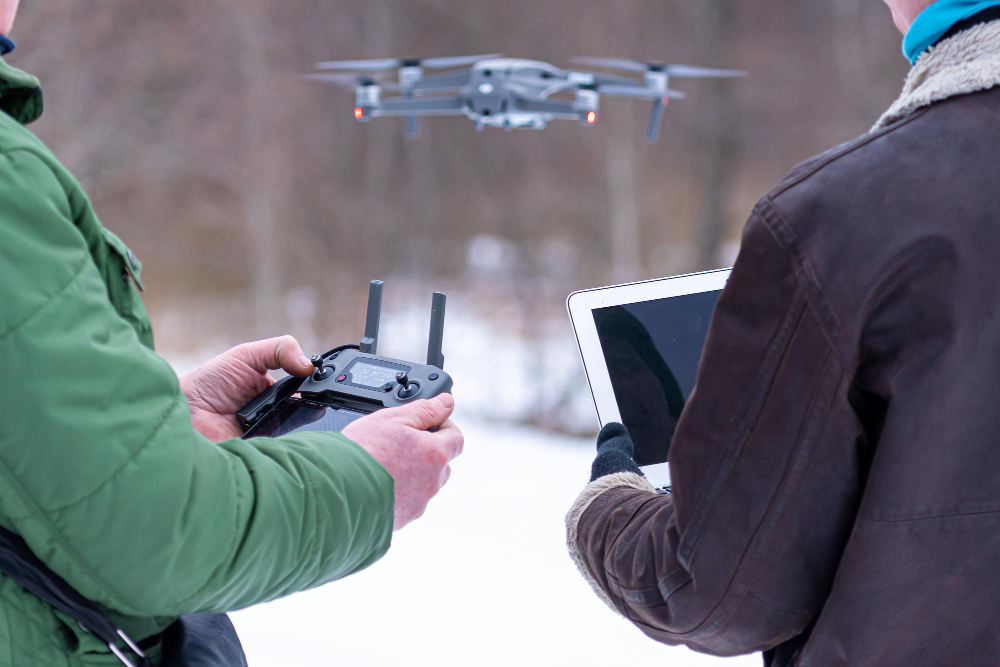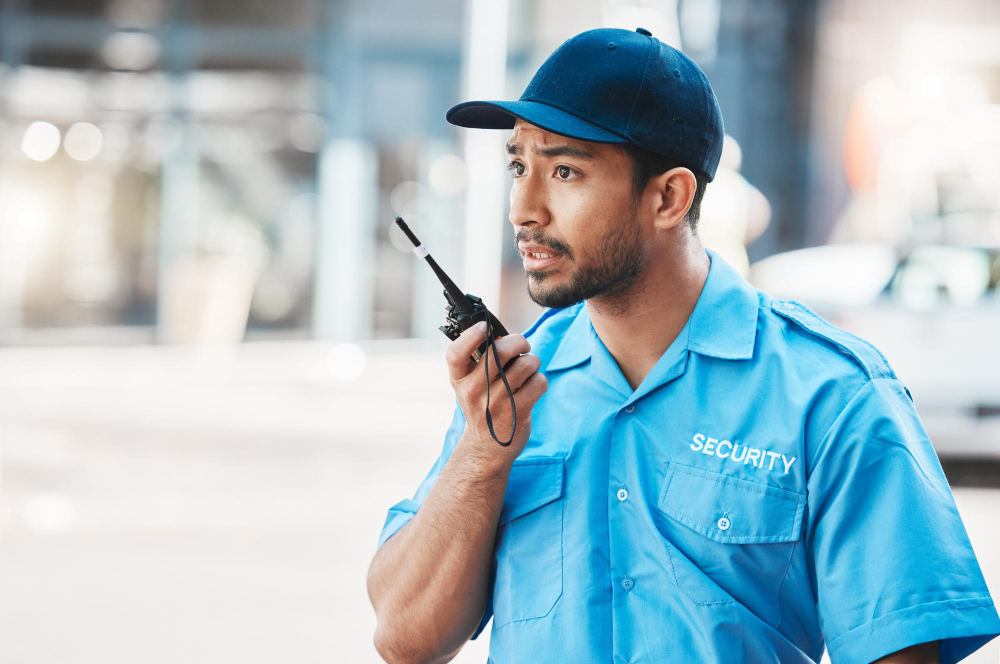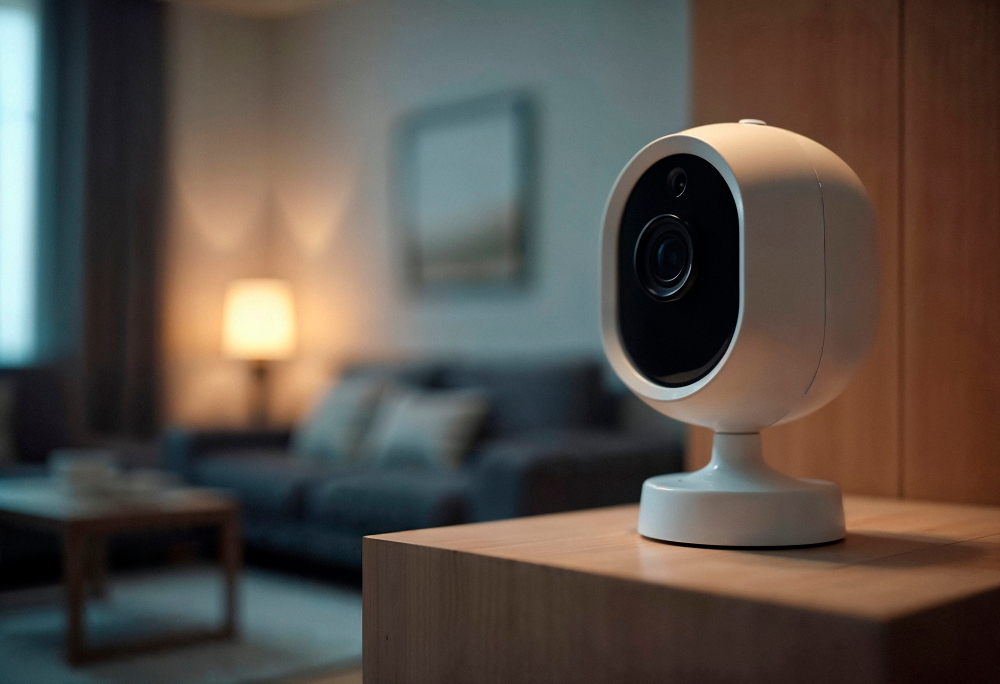Why UK Industrial Security Will Never Be the Same Again
Industrial sites have always been the backbone of Britain’s economy, from sprawling manufacturing plants to bustling logistics hubs. But in 2025, these spaces face a very different kind of challenge.
Gone are the days when a few guards and CCTV cameras were enough. Today, industrial facilities must defend against sophisticated physical intrusions, cyber-physical risks, and supply chain theft, all while complying with stricter regulations and sustainability goals.
According to the British Security Industry Association (BSIA), industrial theft and vandalism cost UK businesses an estimated £1.3 billion annually, with nearly 40% of incidents occurring in warehouses and logistics facilities. As threats evolve, so must the systems protecting them.
That’s why the future of industrial security services in the UK is being rewritten, one driven by technology, data, and smarter human response.
The Growing Importance of Industrial Security Services in the UK
Industrial environments are complex. They often operate 24/7, involve high-value assets, and depend on seamless operations. Even a single breach can cause production halts, data loss, and reputational damage.
From construction sites facing equipment theft to energy facilities dealing with environmental protests or insider risks, the need for robust, intelligent protection is universal.
But modern industrial security goes far beyond manned guarding. It’s now about integration, blending physical presence with intelligent surveillance, automation, and analytics.
And that’s exactly where companies like Intraguard are leading the way.
What’s Putting UK Industrial Sites at Risk Right Now
The industrial sector is under pressure from multiple directions, including:
-
Increasingly Sophisticated Threats
Criminals now use advanced tactics from drone surveillance to cyber-assisted intrusions to bypass traditional security systems.
The UK security workforce has declined by 8% since 2020, making it harder for companies to maintain consistent guard coverage.
Many industrial sites still rely on standalone CCTV systems with limited coverage and no AI integration, resulting in slow response times.
-
Compliance and Safety Regulations
With tightening UK health and safety laws, companies must ensure their security systems meet strict SIA and BS 7499 standards.
-
Growing Cyber-Physical Overlap
The line between physical and digital security is blurring. A breached network could compromise CCTV feeds or access control, putting both data and assets at risk.
These challenges demand a more connected, predictive, and proactive approach.
How Technology Is Reshaping Industrial Security
The future of industrial security services in the UK lies in technology, specifically, the fusion of AI, automation, IoT, and smart analytics.
AI and Video Analytics
AI-driven CCTV cameras can now detect motion, recognise faces, analyse behaviour, and send instant alerts to security teams. They don’t just record events; they prevent incidents.
IoT Sensors and Smart Monitoring
Smart sensors monitor temperature, vibration, and access across facilities. When connected to a central system, they help predict and prevent disruptions like fires or equipment tampering.
Drones and Robotics
Security drones can patrol large industrial sites autonomously, providing aerial coverage that human guards can’t match. Ground-based robots can also perform routine patrols with built-in cameras and audio alerts.
Integrated Access Control Systems
Biometric and mobile access solutions ensure only authorised personnel enter sensitive zones essential for facilities managing chemicals, data, or valuable goods.
According to a 2025 UK Industrial Security Tech Report, over 65% of industrial businesses plan to increase spending on AI-driven surveillance and automation within the next two years.
Eco-Friendly and Ethical Approaches to Site Security
Sustainability isn’t just about reducing carbon emissions; it’s about responsible operations across every department, including security.
Modern industrial security solutions are increasingly eco-conscious and ethical.
For example:
- Solar-powered CCTV towers reduce dependency on diesel generators.
- Electric patrol vehicles minimise emissions on-site.
- Digital reporting replaces paper-based incident logs, cutting waste.
Additionally, ethical guarding ensures fair working conditions, training, and mental health support for security staff, a growing expectation among UK industrial clients.
Intraguard is proud to promote both sustainability and integrity within every service we deliver.
The Role of Skilled Security Personnel in the Tech Era
While automation and AI are reshaping the industry, human expertise remains irreplaceable.
Technology can detect anomalies, but it takes trained professionals to interpret and act on them effectively.
At Intraguard, we believe in the human-tech partnership:
- Security guards equipped with mobile devices for instant reporting.
- Centralised command centres combining human judgement with real-time AI data.
- Continuous upskilling in cyber-awareness, emergency response, and compliance.
The Security Industry Authority (SIA) notes that hybrid guarding models combining human presence with smart systems increase incident response speed by up to 45% compared to traditional models.
What the Future Looks Like for UK Industrial Security
The next decade will transform how industrial sites are protected. Here’s what’s coming next for industrial security:
1. Predictive Security Analytics
Future systems will analyse behaviour patterns and environmental data to predict security risks before they occur.
For example, an AI platform might recognise unusual nighttime vehicle activity and alert on-site patrols instantly.
2. Remote Monitoring and Command Centres
24/7 remote monitoring hubs, powered by AI-assisted analytics, will become the new industry standard. This allows centralised control of multiple sites across the UK from one secure location.
3. Cyber-Physical Convergence
Security systems will become deeply interconnected, meaning access control, CCTV, and IT firewalls will work together under a single digital command.
4. Increased Automation
Drones, robotics, and autonomous patrol systems will handle repetitive tasks, freeing human staff for decision-making and emergency management.
5. Data-Driven Decision Making
Every aspect of security, from guard patrol routes to camera placement, will be optimised using data analytics.
The UK Security Futures 2025 report predicts that AI-driven hybrid models will reduce industrial losses by up to 50% by 2030.
How to Future-Proof Your Industrial Security Strategy
If you want your site to stay safe and compliant in the years ahead, future-proofing is key.
Here’s how to get started:
- Conduct a Security Audit: Assess your site’s vulnerabilities with expert help.
- Adopt a Hybrid Model: Combine human guards with automated surveillance and IoT sensors.
- Invest in Smart Technology: Prioritise AI video analytics, cloud-based monitoring, and integrated access systems.
- Train and Upskill Staff: Equip your team to work confidently with advanced tech.
- Partner with Experts: Choose an experienced provider like Intraguard, known for blending traditional vigilance with modern innovation.
With the right strategy, your site can become both secure and future-ready no matter how fast the landscape evolves.
How Modern Industrial Security Outperforms Traditional Methods
Security is no longer just about watching; it’s about predicting. Let’s see how the shift from traditional systems to smart, data-driven protection is changing industrial security for good.
|
Aspect
|
Traditional Security
|
Modern Industrial Security (Intraguard Approach)
|
|
Surveillance
|
Basic CCTV monitoring
|
AI-powered analytics and smart CCTV integration
|
|
Patrols
|
Manual guard tours
|
Mobile-assisted, data-driven patrols
|
|
Access Control
|
Keycards or manual logs
|
Biometric and mobile access systems
|
|
Reporting
|
Paper-based logs
|
Real-time digital incident reporting
|
|
Efficiency
|
Reactive
|
Proactive and predictive
|
|
Environmental Impact
|
Fuel-powered patrols
|
Electric and solar-powered solutions
|
Modern security is about working smarter, not just harder, and Intraguard leads that change across the UK.
Wrapping It Up
The future of industrial security in the UK will be shaped by innovation, sustainability, and trust.
With the rise of AI-driven surveillance, remote monitoring, and eco-conscious guarding, security is no longer a reactive measure; it’s a strategic advantage.
At Intraguard, the strongest security combines technology, training, and transparency. From factory floors to nationwide logistics hubs, our team is helping UK businesses stay protected, compliant, and ready for tomorrow.
Because when you invest in smarter security today, you secure your success for the future.
Frequently Asked Questions
What Makes Modern Industrial Security Different From Traditional Security?
Modern security uses technology like AI, automation, and cloud monitoring to deliver faster, data-driven protection compared to manual systems.
How Can AI Improve Industrial Site Protection?
AI detects anomalies in real-time, reduces false alarms, and predicts risks before they escalate, improving overall accuracy and speed.
Are Hybrid Security Models Effective?
Yes. Combining skilled guards with smart surveillance and IoT monitoring improves coverage and reduces incident response times by up to 45%.
What Trends Will Shape Industrial Security in 2025 and Beyond?
Expect more automation, sustainability initiatives, and predictive analytics integrated into daily site operations.
Why Choose Intraguard for Industrial Security Services?
Because Intraguard combines cutting-edge technology, SIA-trained staff, and eco-friendly practices to deliver future-ready industrial security solutions.




